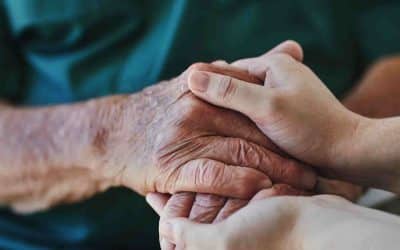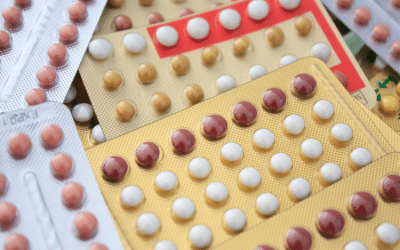Every year since 2006, March 21st has been known as the World Down Syndrome Day (“WDSD”). This date is a symbol in itself: “3/21” or the 21st day of the 3rd month was chosen to represent the triplication, instead of the usual duplication of the 21st chromosome which is responsible for Down syndrome. Since 2012 the UN has officially observed WDSD, to raise public awareness for the rights and well-being of those with Down Syndrome, for them to be recognized and accepted by the general public.
Only a few years ago, the parents of children with Down syndrome tended to hide their child, but today people seem to show more understanding and kindness, as reported by the French newspaper “Le Figaro”. In recent years social media has even demonstrated a marked enthusiasm for photos and videos of disabled children or young adults, such as those with Down Syndrome. Just one year ago, the little Mélanie presented the weather forecast on French TV (channel 3), seen by 8.3 million viewers. The multinational company Gerber, even selected little 18-month old Lucas, instead of 140,000 other babies to represent their brand.
“Showing disability demonstrates how vulnerable we all are, regardless of our particular vulnerability,” says Laurent de Cherisey, the social entrepreneur who directs the “Simon de Cyrene” association. “It is a reminder that above all, a business company is still a humane adventure. This can also be a successful wager for the brand which is being represented. “
Last autumn, the TV movie “Special Mention”, which is about the strife of a girl with Down syndrome who struggled to obtain her “French Baccalaureate Degree” (High School Diploma), was a surprising success, attracting nearly 6 million viewers.
To help eradicate stereotypes, Caroline Boudet, journalist and mother of little Louise, published on Facebook in 2015 “Louise is my 4-month old daughter with healthy big cheeks, 2 arms, 2 legs, and 1 extra chromosome “. Her page received “likes” from 100,000 people. Today, she has just launched a video entitled “Our children with Down Syndrome are different, yes, like you are too!” Last October, Franck Stephens, a young American actor and athlete pleaded the cause for funding Down Syndrome research before the US Congress.
Above all other disabilities in France, Down Syndrome is nevertheless targeted in prenatal screening, and does not receive any public research funding. The Jérôme Lejeune Foundation has been committed to providing therapeutic research and consultations. In France there is a real contradiction when comparing prenatal screening, (one of the highest in the world where 96% of fetuses diagnosed with Trisomy are aborted), although France has programs for assisting disabled people to include them in civil society. Annually there are approximately 400 babies with Down Syndrome born in France. The Biomedicine Agency estimates that out of 2,000 fetuses diagnosed with Down Syndrome, 1,500 are aborted and 95 are born alive.
The 2011 French Bioethics law requires that all pregnant women, regardless of their age, be informed that screening for Down syndrome is available during their 1st trimester. This pressure is likely to increase, since in May 2017 a new test was implemented for “Non-invasive prenatal testing” (NIPT) on fetal DNA circulating in the mother’s bloodstream.
For Alliance VITA, the issue of disability and prenatal screening is a major one for the National Bioethics Conferences. The contributions of Alliance VITA to the “CCNE (National Consultative Ethics Committee) focused on this issue:
- Resist eugenics, and this implies a change in the disability screening policies, and a better support to the parents when announcing the detection of a disability:
- Launch a 5-year plan to lend support and take charge of disabilities, with a substantial budget;
- Conduct awareness campaigns to valorize those with disabilities, especially mental disabilities, and their right to be respected and live as any citizen in our society.
https://etatsgenerauxbioethique.alliancevita.org/analyses-et-propositions/



